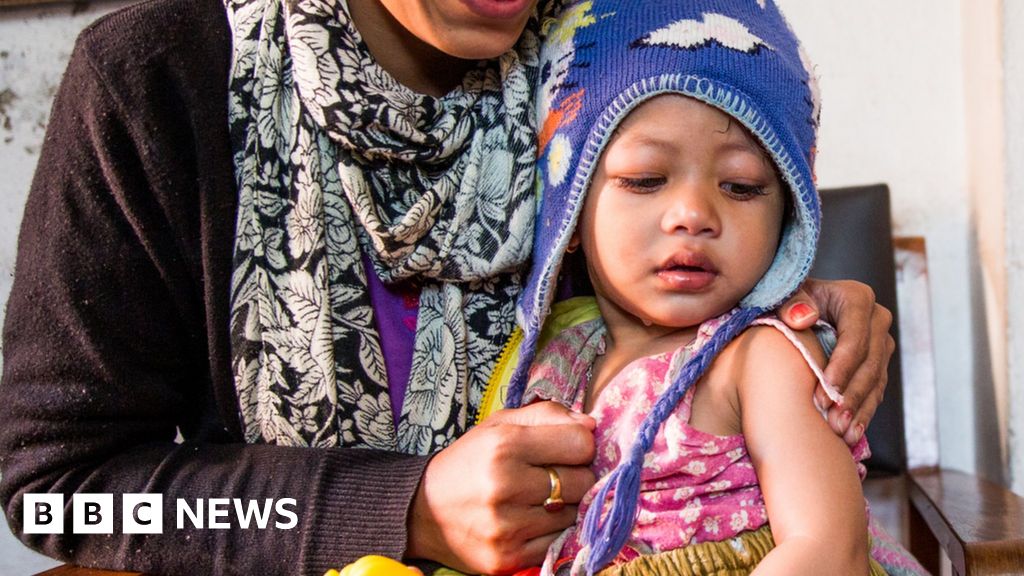

Moreover, both insomnia and chronic inflammatory illnesses are associated with high rates of co morbid depression (Dickens et al. This link appears bidirectional with poor sleep leading to elevated levels of proinflammatory cytokines, such as interleukin (IL)-6, as well as the observation that people with increased inflammatory markers due to a variety of reasons, such as rheumatoid arthritis, pregnancy, haemodialysis and increased age, experience higher levels of insomnia than in the general population (Erten et al. Because impaired sleep is also a predictor of major depression, there may be a role for suitable anti-inflammatory approaches in strategies designed to prevent the onset of depression.Ī recent systematic review and meta-analysis looking at experimental sleep deprivation studies as well as patient cohorts using a wide range of experimental designs including subjective reports, actigraphy and polysomnography (PSG) concluded that sleep disturbances and overlong sleep duration are associated with increases in markers of systemic inflammation (Irwin et al. Inflammatory mechanisms may underlie the impairment in sleep efficiency which is a hallmark of major depression. Relative to placebo, typhoid vaccination produced significant impairment in several measures of sleep continuity. IL-6 levels (in picogramme per millilitre) significantly increased 2 h post vaccine compared to placebo (0.90 vs 0.53, p = 0.026, r = 0.55). Subjective measures of mood, sleep and adverse effects were elicited and plasma samples analysed for IL-6 levels.

We studied the effects of a single injection of typhoid polysaccharide vaccine and placebo (saline solution) on sleep in 16 healthy male and female participants aged 20–38 years, sleeping at home in a randomized, double-blind, balanced order, crossover design.

The present exploratory study aimed to enhance our understanding of the link between inflammation, sleep and depression by examining the effects of typhoid vaccine on the sleep polysomnogram. Typhoid vaccination results in a mild inflammatory response that significantly increases levels of the proinflammatory cytokine, interleukin (IL)-6. An increasing body of evidence links the occurrence of sleep continuity disturbances with increased inflammation and both sleep disturbances and inflammation are associated with clinical depression.


 0 kommentar(er)
0 kommentar(er)
